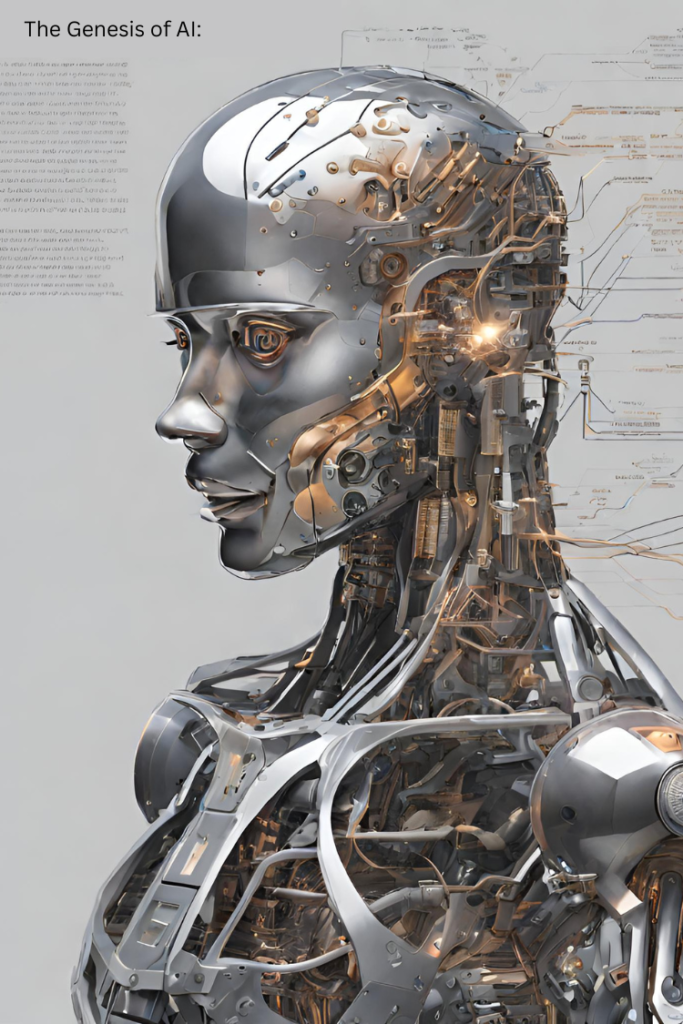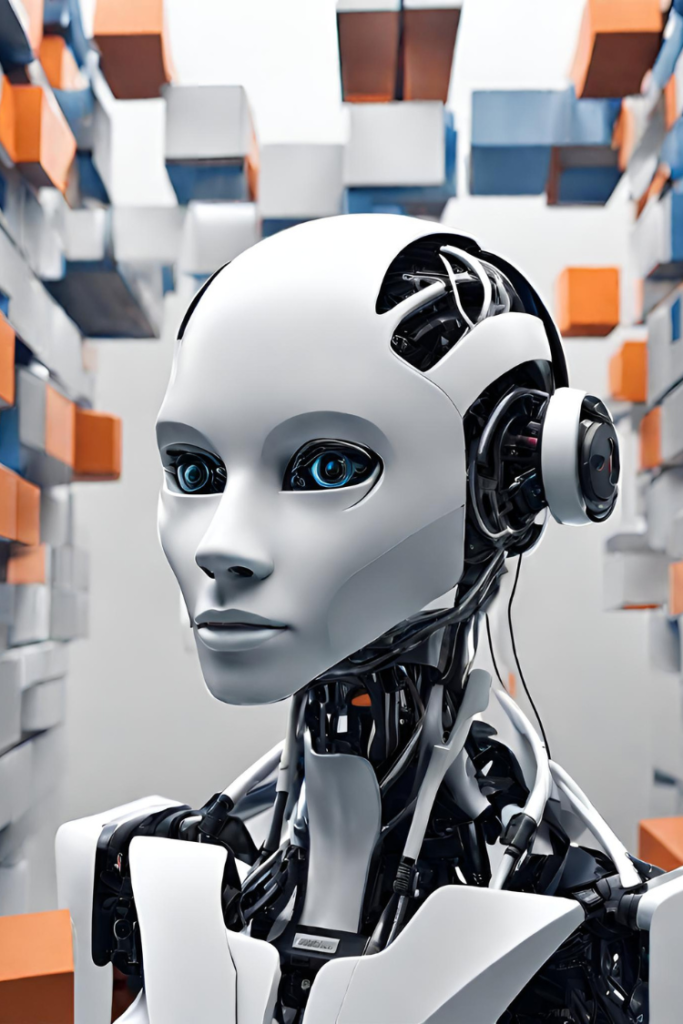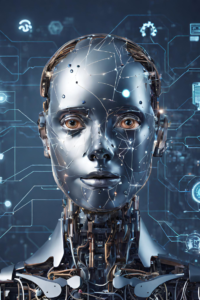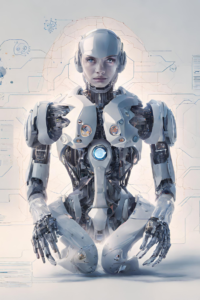Introduction:
Embark on a fascinating journey through the intelligence revolution as we unveil the transformative power of artificial intelligence (AI). From its humble beginnings to its current role as a driving force of innovation, AI has reshaped industries, revolutionized daily life, and opened new frontiers of possibility. Join us as we explore the latest breakthroughs, wide-ranging applications, and profound impact of AI across various domains.
The Genesis of AI:
The story of artificial intelligence traces back to the quest to replicate human intelligence in machines. Pioneering work by visionaries such as Alan Turing and John McCarthy laid the foundation for AI research. Over the years, advancements in machine learning, neural networks, and deep learning algorithms have propelled AI from theory to reality, ushering in an era of intelligent machines.


Unveiling AI's Building Blocks:
At the core of AI’s transformative potential lie its foundational technologies: natural language processing (NLP), computer vision, and autonomous systems. NLP enables machines to understand and generate human language, revolutionizing communication and content creation. Computer vision empowers machines to analyze visual information, driving advancements in healthcare, manufacturing, and beyond. Autonomous systems enable machines to operate independently, ushering in a new era of automation and efficiency.
AI's Revolution Across Industries:
From healthcare to finance, transportation, and beyond, AI is revolutionizing industries and redefining the way we live and work. In healthcare, AI-driven diagnostics and predictive analytics are enhancing patient care and accelerating medical research. In finance, AI-powered algorithms are optimizing trading strategies and automating customer service. In transportation, autonomous vehicles and logistics optimization algorithms are reshaping mobility and transforming cities.

Navigating Ethical and Societal Implications:

As AI permeates every aspect of society, it raises profound ethical, societal, and philosophical questions. Concerns about algorithmic bias, data privacy, and the impact on employment and inequality must be addressed. Responsible stewardship of AI is essential to ensure that its benefits are equitably distributed and its risks are responsibly managed.
Envisioning the Future of AI:
Looking ahead, the future of AI holds limitless possibilities. From the prospect of artificial general intelligence (AGI) to human-machine collaboration, AI has the potential to reshape the fabric of society. By embracing collaboration, creativity, and ethical stewardship, we can harness the full potential of AI to address humanity’s greatest challenges and forge a brighter future.

Conclusion:
In conclusion, artificial intelligence represents a pivotal moment in human history, offering unparalleled opportunities and challenges. As we navigate the intelligence revolution, it is crucial to approach AI with caution, empathy, and foresight. By leveraging the transformative power of AI responsibly, we can unlock new frontiers of knowledge, innovation, and progress for generations to come.


